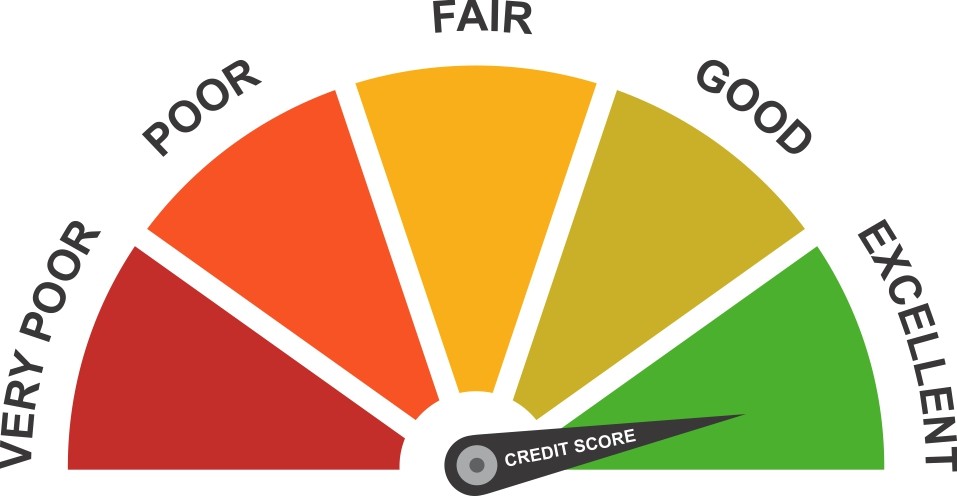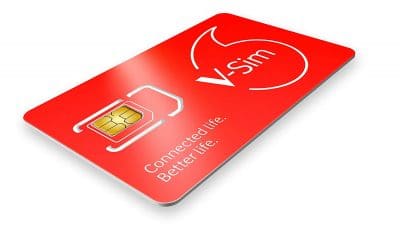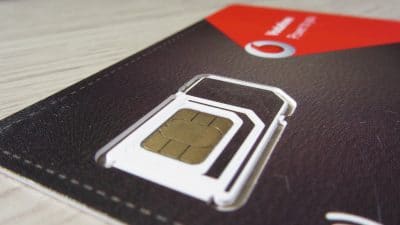Top 10 Myths about Bad Credit and Mobile Phone Contracts
Here at TigerMobiles.com, we've seen an influx of applications from consumers with bad credit. Our team have answered several questions via live chat and in the Q&A section on this topic. And as a result, we've learnt there are a lot of myths when it comes to credit scores.
We think it's important to know what sort of things impact your credit history and how that affects your chance of getting a contract phone if you do have poor credit. That's why we're going to debunk some of the most common myths when it comes to credit scoring for mobile phones.
Myth 1: My address is blacklisted due to the previous tenants so I can't get a phone contract.
A credit score is tied to an individual, not an address. So it makes zero difference to your score if the previous owner was bankrupt or a millionaire.
You will not find references to a previous tenant on your own credit report. The only reason this would happen is if you are financially connected to them somehow i.e. joint bank accounts, mortgages etc.
One thing all mobile phone networks do want to see though is stability so they do want to see previous addresses you have lived at.
Myth 2: I have past debts from years ago but they won't count against me now.
Past debts do count against you as they stay on your record. Things like defaults, IVA's and bankruptcies stay on your credit report for at least 6 years.
All the above could count against you as networks may think that you will miss payments with them too.
Myth 3: I have no credit history so I should get accepted immediately for a phone.
If you've never borrowed money or used a credit card then lenders have no way of predicting how reliable you'll be. This could lead to them refusing credit or asking for a deposit. Most networks would rather see a credit report showing you are capable of making small regular repayments. So it's likely you could be rejected for a more expensive handset like an iPhone, however a 12 month SIM only contract is obtainable as the requirements are not as harsh. Should even a sim only contract be out of reach then the options available to you are either are a sim only deal that doesn't have a credit check or a PAYG SIM.
Myth 4: Experian declined me for a phone contract. Who else can I try?
Experian are a credit reference agency. All they do is compile and hold your data. They don’t make decisions on whether you get a mobile phone or not.
That decision is up to the network. They check the information in your report along with other information you provide them. This information is then used to calculate your credit score. And is then used to help them decide whether to offer you a mobile phone contract.
Myth 5: I am on a credit blacklist so phone companies won't touch me.
There is no such thing as a credit blacklist and things like your race, ethnicity or gender are not part of a score.
One reason for believing you are on a blacklist is because some lenders look at your existing repayments. This is to see how much you currently owe. They need to be sure you're not taking on more credit that you can handle.
Myth 6: Checking your credit hurts your credit score.
Checking your own credit file with one of the reference agencies like Experian will not hurt your credit score.
This is one of the worst myths as it discourages people from knowing the ins and outs of their credit history.
The only way a credit check will affect your score is when it's done by a network themselves. Multiple credit checks done by lenders flag up as “hard” checks. But checking personally is only a soft lookup.
Myth 7: Items on your credit history last forever.
Lenders use your credit score to get insight into your current financial position. For that reason, most information about your credit history is held for around six years.
They're not interested if you missed a payment 20 years ago as it doesn't bear any relevance on your likely behaviour today.
Myth 8: Repaying your credit cards in full negatively effects your credit score.
Another myth. Repaying the full amount gives you a better credit score as lenders are keen to see you can make repayments in full and on time.
Only making the minimum payments could count against you.
Myth 9: You only have one credit score.
Every network uses a different method or formula to calculate credit scores.
So just because one network declined you, doesn't always mean another one will.
Your credit history and score also change quickly. So paying off debt could give it a boost.
Myth 10: If I'm not using my credit cards I should cancel them.
Cancelling credit cards might seem like a good idea as it removes the temptation to run up debt. But if you do that, on a credit card you have had for a while, it might negatively affect your credit score.
Having some unused credit cards might help your score because it shows you're not racking up lots of debts or utilising a high % of credit available to you.
In fact, if you have outstanding debts elsewhere, an unused card affects the ratio of debt to credit available. This can work in your favour and boost your credit score.
If you struggle to show restraint we'd recommend cutting the card up but keeping the account open.
So there you have it, 10 common myths we encounter often from customers. At TigerMobiles.com we can't stress enough how important it is to understand how credit scoring works when buying a contract phone. If you have any questions in relation to this article then feel free to contact us.




